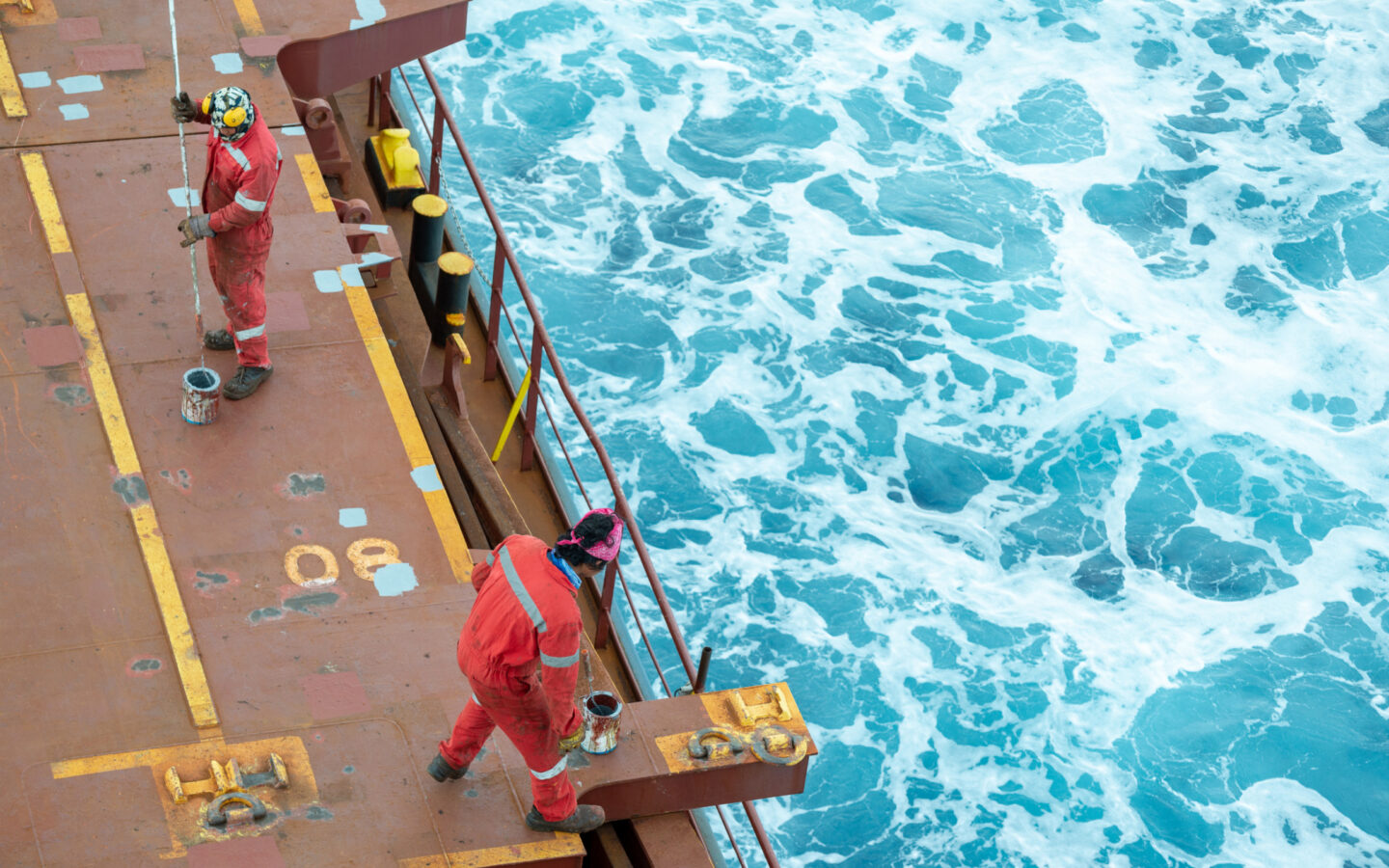New workshops aimed at empowering individuals to identify cases of modern slavery within the maritime industry have been launched.
Seafarers and fishers who endure extended periods away from home and who may face isolation on vessels can be particularly susceptible to exploitation. In response, Stella Maris, the project lead, is taking proactive steps to address and help combat this issue.
The newly-developed workshops, funded by the Department for Transport through leading maritime charity Merchant Navy Welfare Board (MNWB), will provide participants with essential knowledge and tools to identify signs of modern slavery and to respond effectively to potential cases.
The sessions will be led by a panel of experts and will focus on key topics, including: recognising indicators of exploitation, ways to reduce the risks of modern slavery, understanding the emerging threats and trends in modern slavery, and identifying and accessing appropriate support networks for those escaping modern slavery. Attendees will also have the opportunity to hear the voices of some of those who have experienced modern slavery firsthand.
Stuart Rivers, Chief Executive of the MNWB which is a leading maritime charity that supports 43 welfare providers, said:
“It’s mind-boggling that we are still talking about forced labour, modern slavery and trafficking in the maritime sector. These acts are utterly unacceptable and must be stamped out for good. And being able to fund a unique project like this, which is tailored for key people across the industry to learn skills and approaches through a series of workshops, is a big step in tackling these long-standing issues.
“Protecting seafarers’ and fishers’ welfare is our number one priority, and they must feel safe while working at sea or in UK ports. We look forward to following the progress of these workshops.”
According to the most recent report from the International Labour Organisation, there has been a 10% increase in forced labour since 2016.
This is a trend recognised by Stella Maris chaplains around the world.
Speaking about the initiative, Tim Hill MBE, CEO at Stella Maris, said:
“We are extremely proud to launch these workshops as part of our ongoing commitment to improving the welfare of seafarers and fishers. Forced labour and modern slavery have no place in the modern maritime sector in the UK. By empowering individuals to recognise and address instances of these crimes, we can help to create a safer environment for those who work at sea.”
The workshops will be open to front-line port personnel, including ship visitors, ship operators, port authorities, law enforcement agencies, and other port stakeholders, who come into contact with seafarers and fishers. To ensure accessibility and increased reach, the workshops will be held in six locations around the UK: Liverpool, Bristol, Hull, Glasgow, Portsmouth and Belfast. To find information about the workshop series, click here
Stella Maris believes that it is vital for all stakeholders in the maritime sector to work together in the fight against modern slavery. By equipping front-line workers and volunteers in the sector with the necessary knowledge and skills, it aims to inspire a network of advocates within the maritime industry who will collectively help to combat this issue.

